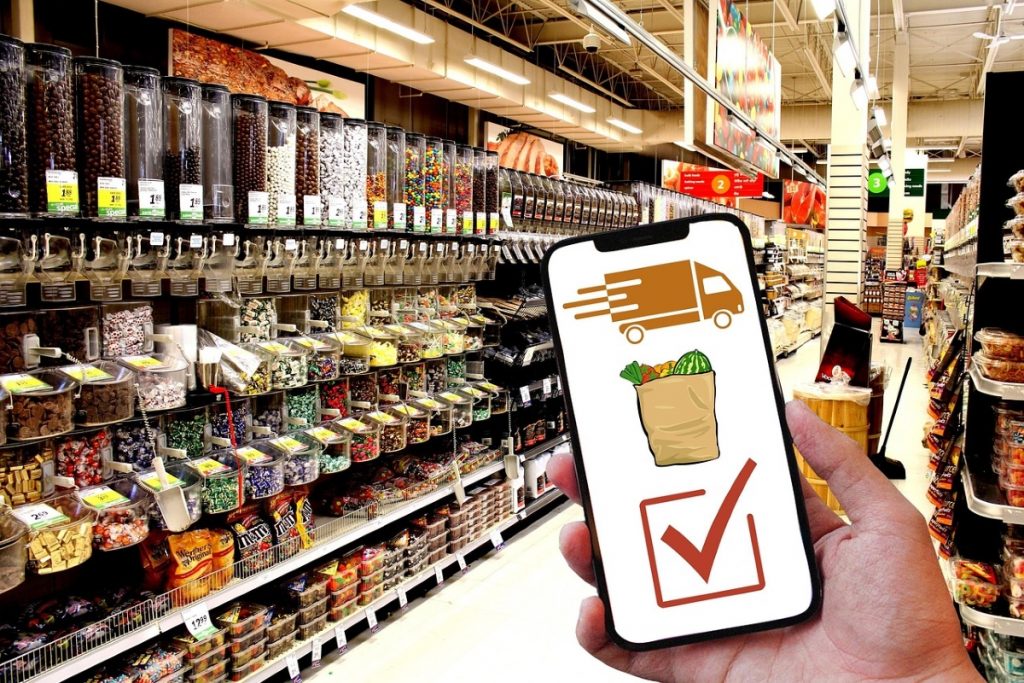The holiday shopping season in South Africa has transformed into a significant digital grocery period, as platforms like Checkers Sixty60, Woolworths Dash, and Pick n Pay ASAP gear up for an expected surge in deliveries this November. With consumers prioritizing convenience and reliability in a challenging economic landscape, these grocery apps are facing heightened expectations from shoppers who demand timely service and transparent pricing.
Meeting Evolving Consumer Expectations
The shift towards online shopping has fundamentally changed how South Africans approach their festive shopping. Gone are the days of crowded malls and frantic last-minute purchases; instead, consumers are now relying heavily on grocery delivery apps. As one user articulated on social media, “If the delivery app says twenty minutes, I expect twenty minutes. Not vibes and excuses.” This sentiment underscores a growing demand for reliability alongside affordability.
While price remains a critical factor, the emphasis has shifted towards logistics and service reliability. The leading grocery delivery platforms are not only enhancing their promotional offerings but are also investing in advanced logistics solutions. This includes the use of AI for route optimization and the establishment of micro-fulfillment hubs located near stores to ensure swift delivery.
Additionally, many companies are incorporating hybrid delivery fleets, which utilize electric bikes where feasible, and implementing machine learning for stock predictions. These innovations aim to minimize out-of-stock scenarios and enhance real-time communication regarding estimated delivery times and potential substitutions.
Shifting Dynamics in Consumer Behavior
As consumer behavior evolves, the expectations surrounding grocery delivery services have matured significantly. Shoppers are increasingly likely to remain loyal to apps that provide consistent service, while failure to deliver during peak times may result in customers opting for competitors. Word of mouth has transitioned from casual conversations to digital platforms like WhatsApp groups and TikTok, amplifying the importance of reliability.
“Fast delivery is good. Accurate delivery is better. Both is perfect.”
This perspective reflects the new competitive landscape where consumers expect clear fees, predictable delivery windows, effective substitution policies, real-time tracking, and fair refund processes. Apps that do not meet these fundamental expectations risk losing customer trust quickly.
As retailers prepare for the upcoming summer shopping rush, they are scaling up delivery teams, extending operating hours, and refining app interfaces to enhance user experience. Additionally, loyalty programs are being integrated more deeply into mobile ordering systems, and click-and-collect options will be expanded to cater to those seeking a balance between convenience and control.
Ultimately, shoppers are inclined to reward services that successfully combine affordability with dependability. Companies that excel during this festive period will likely cultivate long-term loyalty among consumers navigating South Africa’s burgeoning e-commerce landscape. While significant promotions can attract attention, it is reliable delivery that builds trust—a currency that is becoming increasingly vital in the competitive digital retail market.





































































